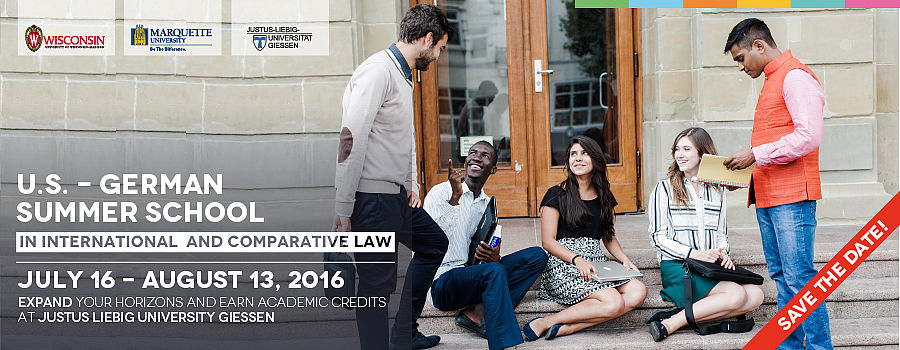Should College Athletes Be Paid to Play?
 On April 19th I participated in a lively panel discussion debating the pros and cons of paying Division I Football Bowl Championship football and men’s basketball players for their services, hosted by The Ohio State University Sports & Society Initiative, which was recently started by its College of Arts & Sciences. Despite the commercialized nature of these sports, I advocated that college student-athletes should not receive economic benefits based on their playing ability, including cash stipends, in excess of the full cost of attendance at their respective universities. In my view, there should be greater emphasis on ensuring they receive a meaningful education and earn a college degree that well prepares them for a career other than professional sports, which could include lifetime free tuition and cash bonuses for earning an undergraduate degree. Other panelists included sports economist Andrew Zimbalist, who expressed substantially the same views, as well as Joe Nocera, a New York Times writer, and Vince Doria, a former ESPN senior vice president, who both asserted that college football and basketball players should be paid based on their individual athletic ability and accomplishments. A video of this panel discussion along with a second panel of former Ohio State football, men’s and women’s basketball players (including Maurice Clarett, Lawrence Funderburke, and Shawn Springs), and a women’s golfer discussing this issue is available here.
On April 19th I participated in a lively panel discussion debating the pros and cons of paying Division I Football Bowl Championship football and men’s basketball players for their services, hosted by The Ohio State University Sports & Society Initiative, which was recently started by its College of Arts & Sciences. Despite the commercialized nature of these sports, I advocated that college student-athletes should not receive economic benefits based on their playing ability, including cash stipends, in excess of the full cost of attendance at their respective universities. In my view, there should be greater emphasis on ensuring they receive a meaningful education and earn a college degree that well prepares them for a career other than professional sports, which could include lifetime free tuition and cash bonuses for earning an undergraduate degree. Other panelists included sports economist Andrew Zimbalist, who expressed substantially the same views, as well as Joe Nocera, a New York Times writer, and Vince Doria, a former ESPN senior vice president, who both asserted that college football and basketball players should be paid based on their individual athletic ability and accomplishments. A video of this panel discussion along with a second panel of former Ohio State football, men’s and women’s basketball players (including Maurice Clarett, Lawrence Funderburke, and Shawn Springs), and a women’s golfer discussing this issue is available here.

